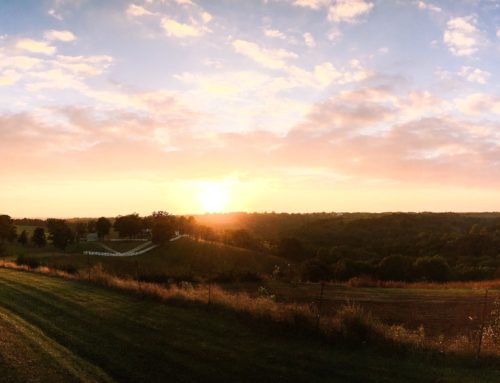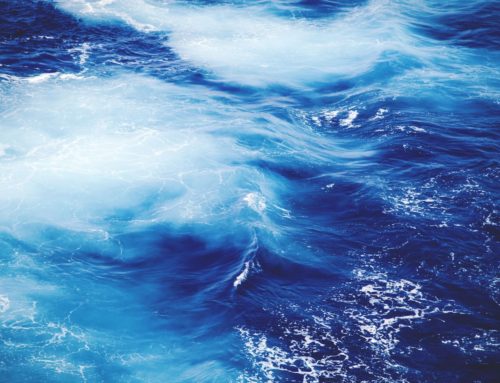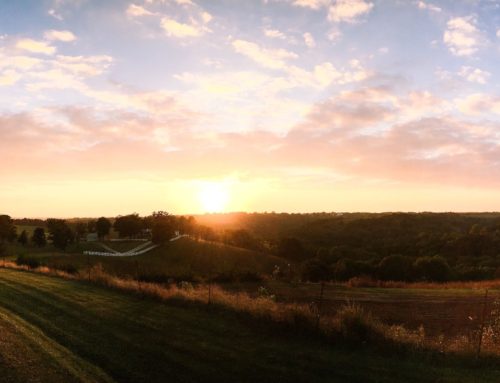Hello POP Community ~
Happy Thanksgiving to you and yours! As we give thanks this week, I would like to highlight a tool that may serve you well, as you serve others turkey!! I’ve had a number of clients enjoy when we speak about something called “Confusion Endurance”, so I’m going to continue the conversation here. Confusion Endurance is being comfortable with the uncomfortable for long periods of time. We make a practice of becoming okay with being confused, and elongating the confusion to learn something new.Michael J. Gelb wrote, “As you sharpen your senses, probe the depths of experience, and awaken your childlike questioning, you will encounter increasing uncertainty and ambiguity. Confusion Endurance is the most distinctive trait of highly creative people.”
We live in a society where being confused is not something people seek out or respect. We, as a culture, don’t particularly like being confused. We can even become scared when we’re confused. We like to know the answers… as quickly as possible.
One of the things that made Leonardo Da Vinci so amazing was his ability to be comfortable with the uncomfortableness of being confused. That’s why he could access the arts and sciences so profoundly.
An early North American legend tells that when the first ships of explorers arrived from Europe, the indigenous Americans couldn’t see the ships because they had never seen anything like them before. The scope of their world allowed no reference for giant wooden vessels, so they didn’t exist. Even if our intellects are quick to argue that light would have reflected off of the ship and the native’s retinas would have reacted to the light – there still would have and could have been confusion over what was occurring.
When we find ourselves in a completely unfamiliar visual territory, we can, indeed, have trouble “seeing” what we see. Those of you who have ever been caving, have had the experience that the formations – dripstone, flowstone, cave popcorn – are all very unusual. The unaccustomed eye gets quickly lost, and a form of experiential blindness is the default.
While visiting Northern California a few weeks ago, I was sitting on a bench by a pond staring into the water, and I noticed that I couldn’t see any fish. All of a sudden, I saw one, and then realized that there were hundreds right in front of me and my mind had not registered them.
The same thing happens when we’re in unfamiliar emotional territory. If we’re feeling feelings we haven’t felt before, during a conversation we’ve never had before, we’re having an experience outside of what we’ve always known and that can be confusing. If we take a moment when we’re confused to refrain from jumping to our own conclusion of what it is we’re seeing, to simply wade in the waters of the wild, we may just see more fish in the pond. Or boats in the ocean. Or possibility in the chaos.
Warmly,
Lesley Carroll







